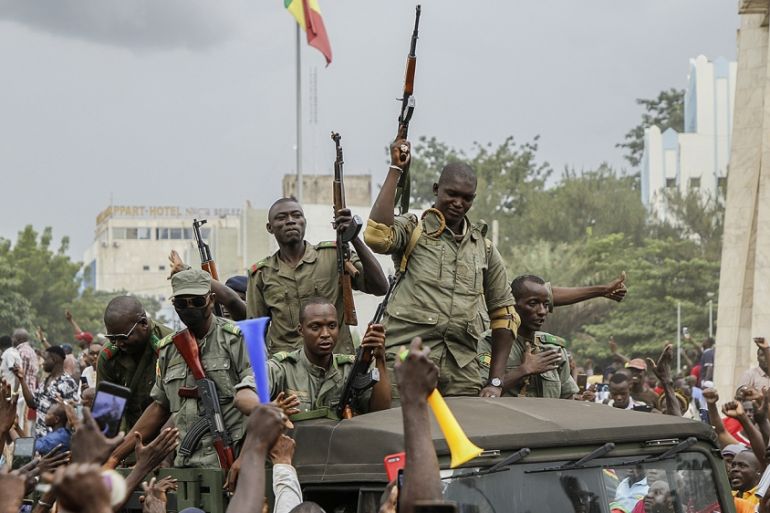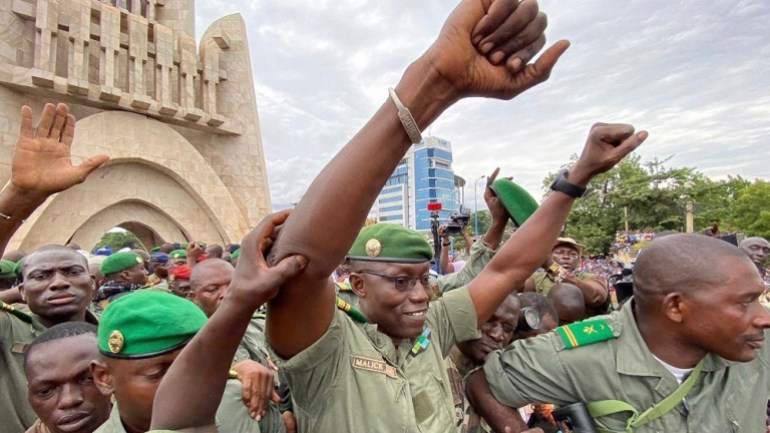African Union lifts Mali’s suspension imposed in the wake of coup
The decision comes days after the West African regional bloc ECOWAS announced it was ending its post-coup sanctions on Mali.

The African Union on Friday lifted its suspension of Mali which went into effect after a military coup toppled the West African nation’s government in August.
The decision comes three days after the West African regional bloc ECOWAS announced it was ending its tough post-coup sanctions on Mali, saying it wished to back the country’s return to civilian rule.
In a communique, the regional heads of state cited “significant advances” toward a return to democracy in Mali, noting the selection of a civilian president and prime minister to head the process.
The sanctions included border closures and a ban on commercial trade and financial flows but not basic necessities, drugs, equipment to fight coronavirus, fuel or electricity.
“The Peace and Security Council, in view of recent positive political developments, has decided to lift the suspension it had imposed against Mali,” the AU’s 15-member security body said in a post on Twitter.
The 55-nation AU quickly condemned the “unconstitutional change of government” after former President Ibrahim Boubacar Keita was forced out in August by mutineering soldiers following mass protests.
The coup was bloodless but triggered widespread alarm among Mali’s neighbours.
A coup in 2012 was followed by an uprising in northern Mali which morphed into an armed rebellion, claiming thousands of lives and threatening neighbouring Niger and Burkina Faso.

This year’s coup came after months of protests over the country’s armed rebellion, economic struggles and chronic inter-ethnic violence.
ECOWAS also called on the transitional authorities to release all remaining detainees arrested since the August 18 coup, when democratically elected President Ibrahim Boubacar Keita was forced to resign after the junta surrounded his home and fired shots into the air.
The regional bloc had insisted that the transitional government be headed by civilians, though junta leader Colonel Assimi Goita is staying on as vice president.
On Monday, Prime Minister Moctar Ouane announced the government of 25 ministers, four of them military officials. Those positions are the ministries of defense, security, territorial administration and national reconciliation.
Armed movements from the north that signed the 2015 peace agreement have entered the government for the first time with two ministerial portfolios.